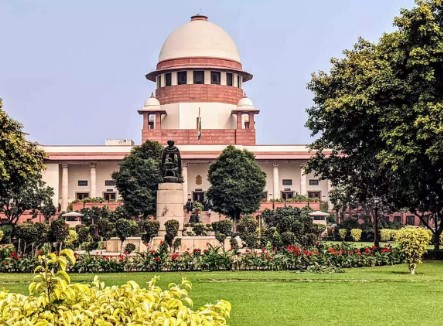Context:
The Supreme Court has ruled that Advocates cannot be held liable for service deficiencies under the Consumer Protection Act (CPA).
Key Points:
- Overturned Previous Decision: The court overturned a 2007 judgement of the National Consumer Disputes Redressal Commission that included lawyers under the CPA.
- This means clients can no longer file complaints against lawyers for service deficiencies under the Consumer Protection Act.
- Legislative Intent: The court ruled that the CPA was not originally intended to cover professional services like law.
- The Act focuses on protecting consumers from unfair practices by businesses, not regulating professional relationships built on trust and a fiduciary duty.
- Nature of Legal Services: The court recognized the unique nature of legal work. It requires specialized skills, involves factors beyond a lawyer’s complete control (like witness behavior), and often goes beyond purely manual tasks.
- Personal Service Contracts: The court highlighted that lawyers operate under personal service contracts with clients. This differs from the standardized consumer service contracts envisioned by the CPA. Clients also have significant control over how lawyers handle their cases, shaping the dynamics of the service provided.
- International Comparison: The court noted that many countries exclude professional services like legal representation from consumer protection laws, further supporting their decision.
- Review of Medical Professional Inclusion: The court hinted at revisiting Medical Association v. VP Shantna 1995 judgement that included medical professionals under the CPA.
- This suggests a potential broader shift in applying the CPA to professional services.
- Concurring Opinion: The international laws also exclude legal services from consumer protection frameworks.
The Consumer Protection Act (CPA)
The first CPA enacted in 1986 replaced by new CPA act 2019, is a key piece of legislation in India designed to safeguard the rights of consumers against unfair practices by businesses.
Purpose:
- Protects consumers from unfair trade practices, defective goods and services, and misleading advertisements.
- Empowers consumers to seek redressal for grievances.

